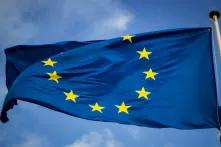Europe & Transatlantic Relations
Dossiers
Articles
Show more articles about Europe & Transatlantic Relations (117)
Publications
Show more publications about Europe & Transatlantic Relations (38)
more pages about Europe & Transatlantic Relations
© Heinrich-Böll-Stiftung e.V.
Schumannstraße 8
10117 Berlin
T +49 (30) 285 34-0
F +49 (30) 285 34-109
www.boell.de
info@boell.de



















